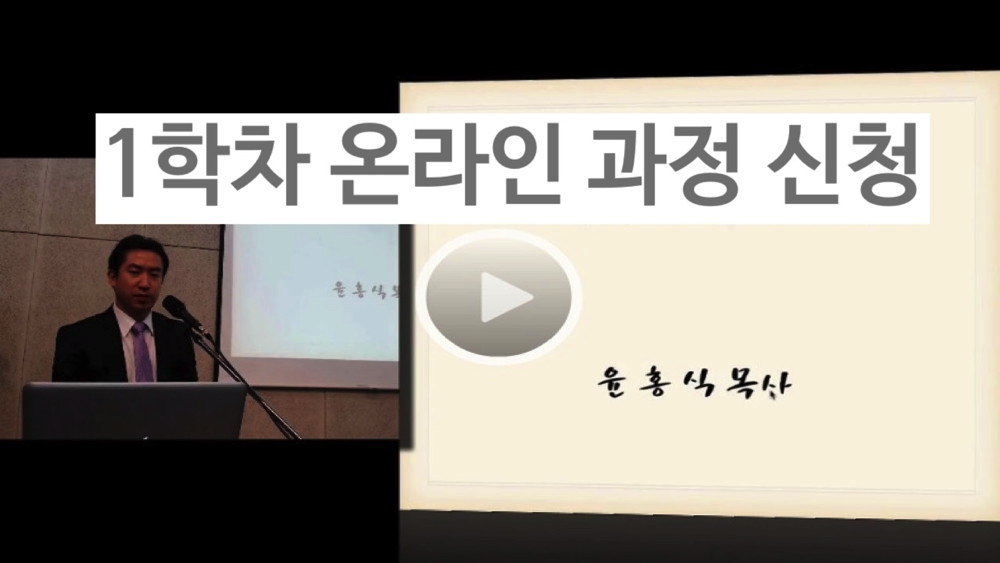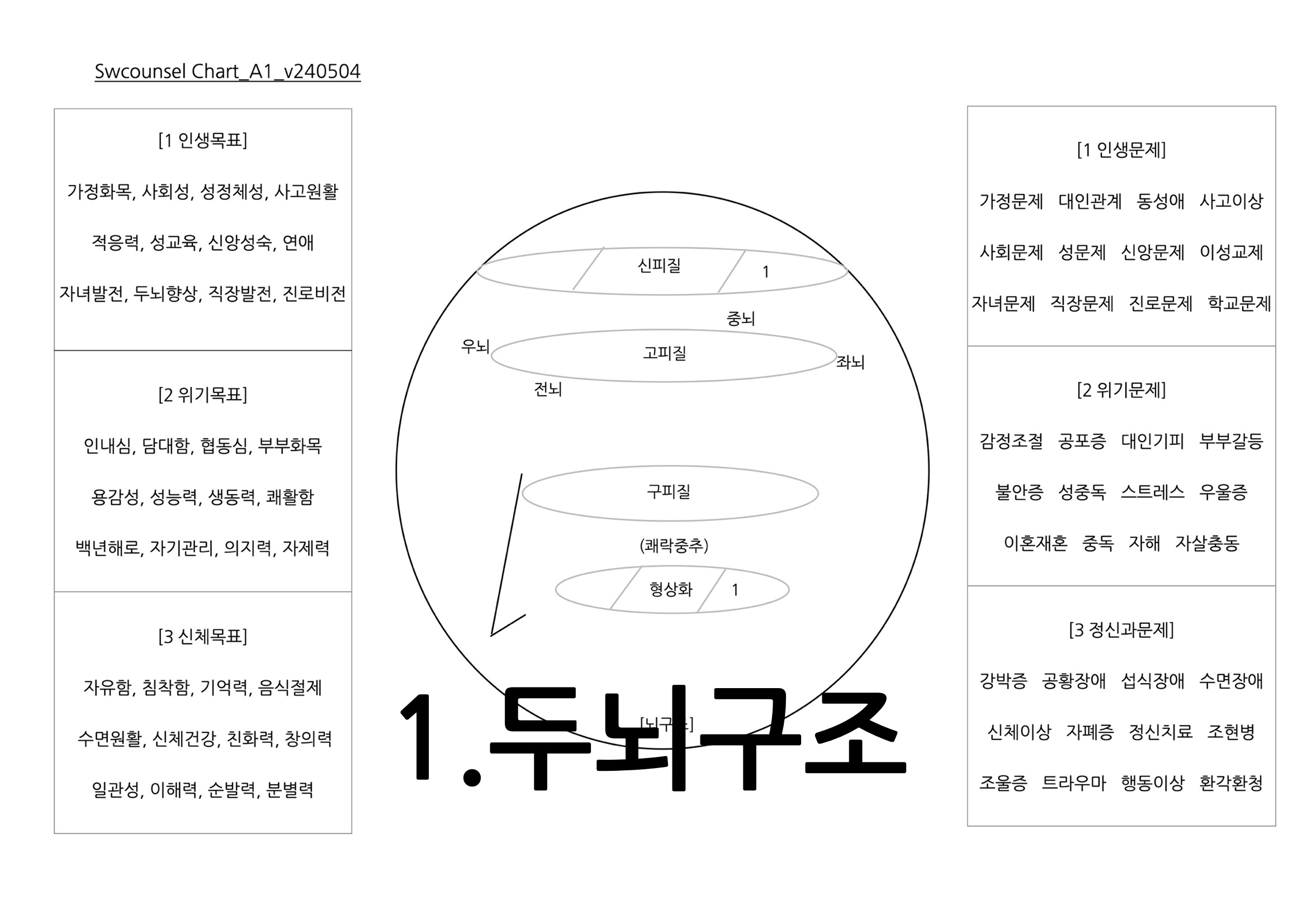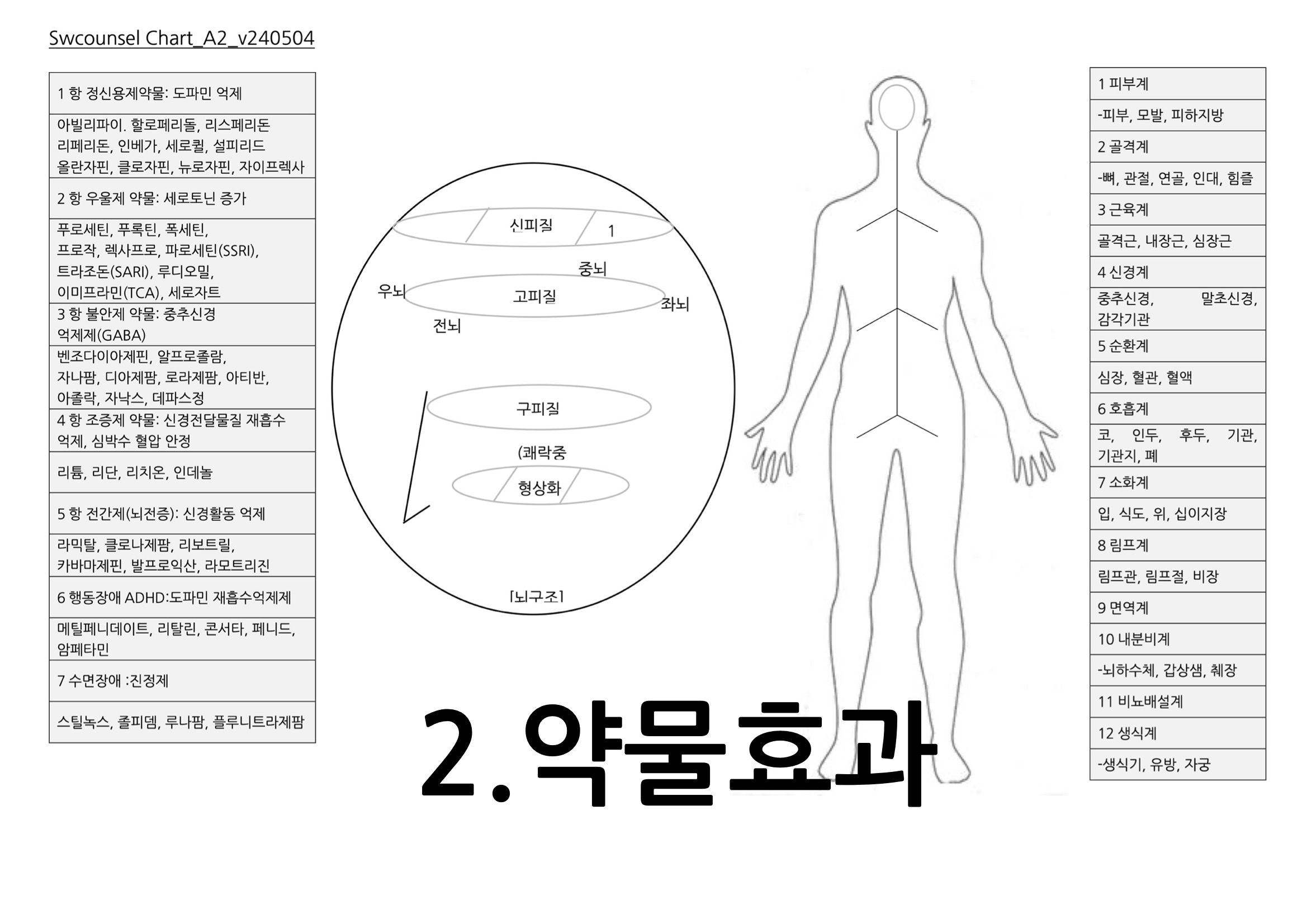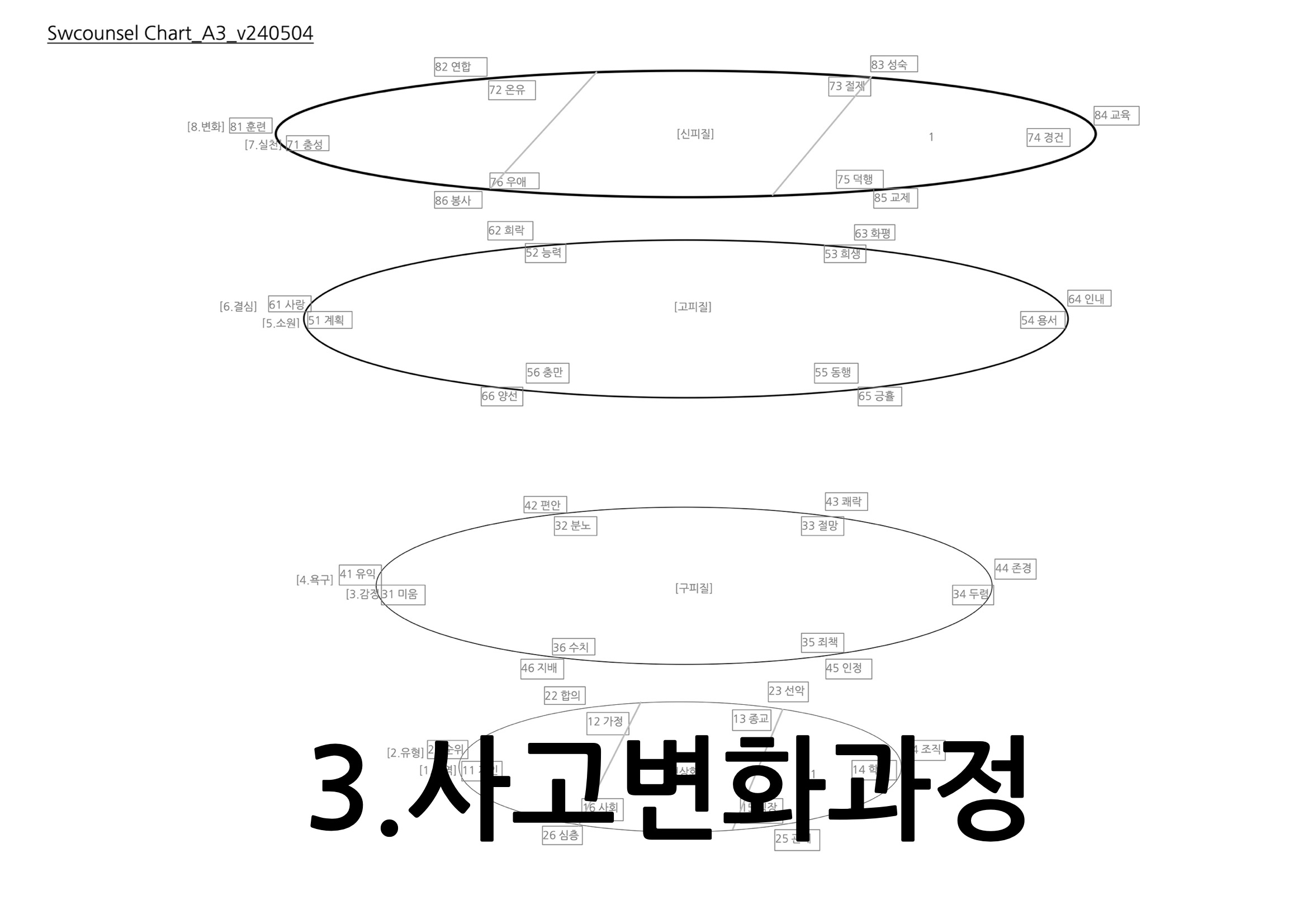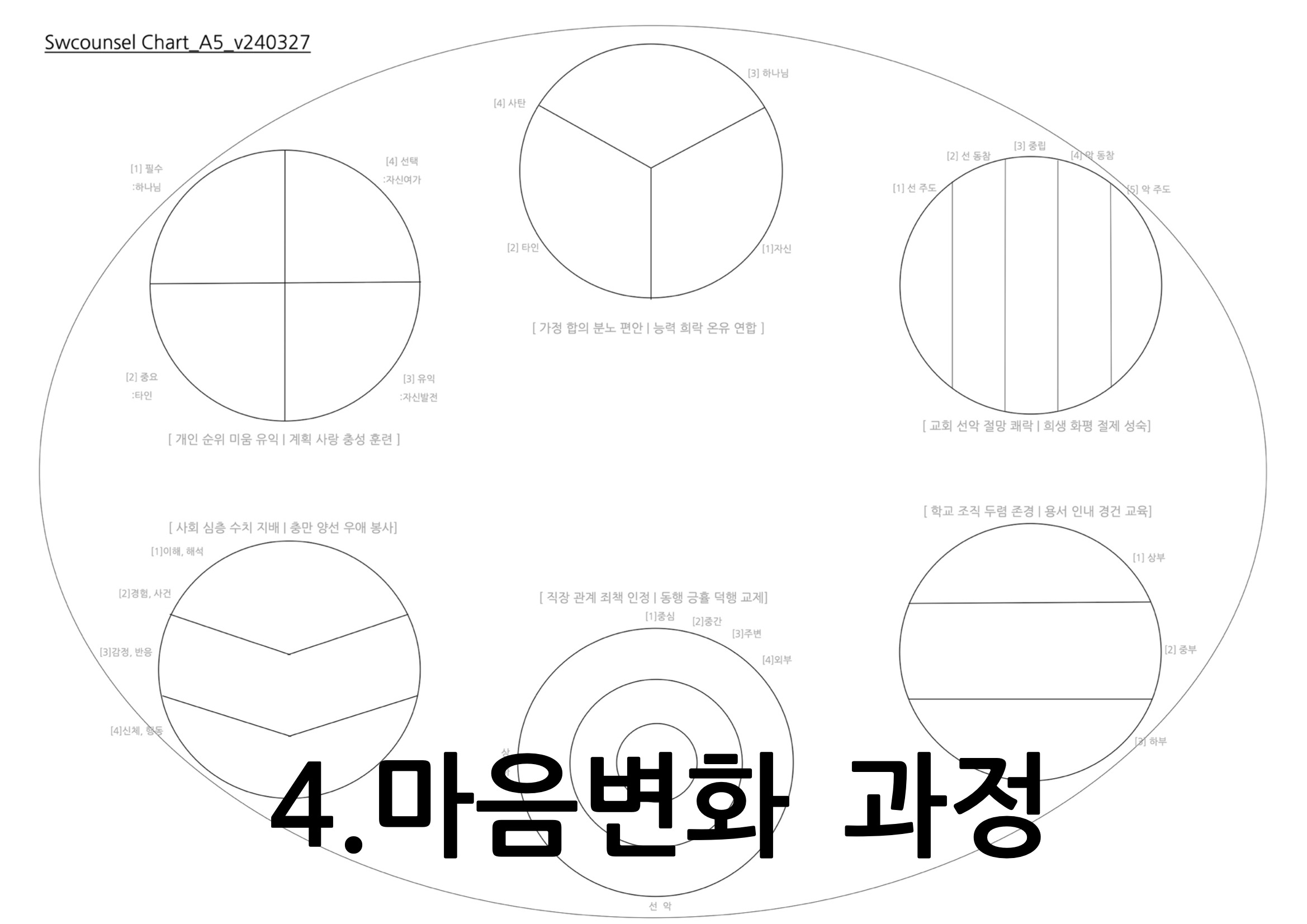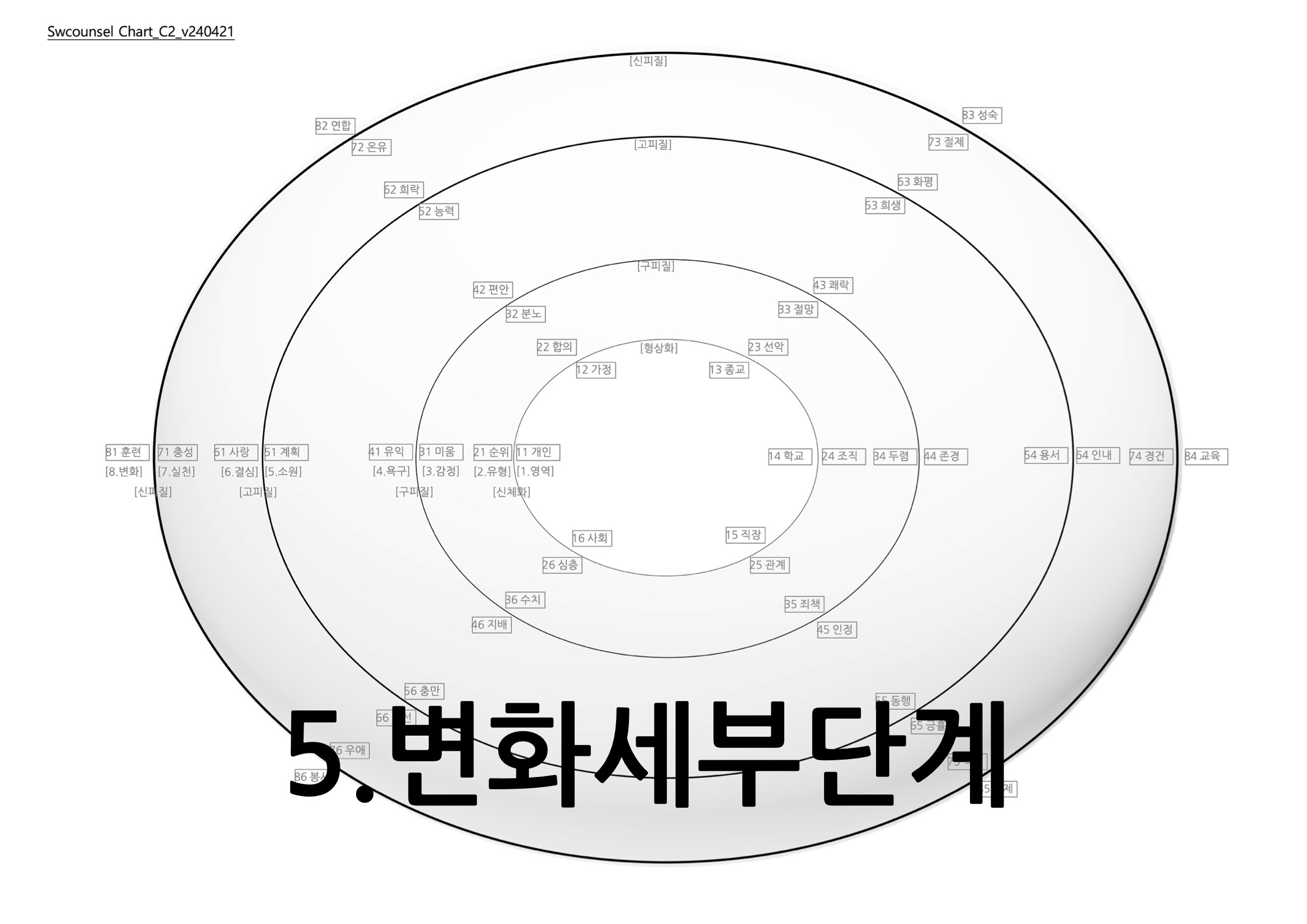WTS (미국 웨스트민스터 신학대학원) | CCEF (기독교 상담 교육 재단)
[CCEF] Counseling Harmed Spouses as They Contemplate Divorce Counseling Harmed Spouses as They Contemplate Divorce
by DARBY STRICKLAND------------------------------------
Preface. This article discusses the difficult topic of divorce, specifically how to help a counselee wrestling with the decision to end their marriage. Before we begin, let me establish the foundational principles that undergird the help this article provides. First, this article presumes that biblical grounds have already been established for divorce by the counselee’s church and therefore they will not be discussed here. From this starting point, I will provide ways for counselors and pastors to carefully help harmed spouses make wise, God-honoring decisions regarding their marriages. Though my case study will focus on a wife, the same principles apply when the husband is the one harmed. Second, I believe the process laid out in this article is best implemented when a helper works in collaboration with the couple’s church, and I urge helpers to make every effort to do so. Churches are best suited to walk with people through the questions and implications of divorce. God wants the people we are caring for to make this significant decision guided by his Word and his people. * * *
38 Counseling Harmed Spouses | Strickland
Trina was exhausted. She sat in the rubble of her marriage, overwhelmed with questions about next steps. A little lie crept into her thinking. Trina began wishing that she could go back in time—a time before she knew about her husband’s deception and affairs. It was easier not to know. She thought, “I was happy then.” Clint’s tears and distress were obvious as she sat across from him, but she had no idea whether she could trust his words. Was he remorseful or just embarrassed? He was caught, and words were just spinning out of his mouth. She was deceived for so long that it was hard for her to know what was true. Even if her husband wished to remain faithful at that moment, would he be able to? Would he fight to cast off his deeply ingrained sin patterns? It was painful to hope. Any spouse who has been harmed by another’s serious sins carries the burden of identifying how to move forward. It is weighty, requires discernment, and has tremendous implications. Just because divorce is an option does not mean it is the best one. In fact, choosing to divorce your spouse is painful and costly. Yet remaining married to someone who is more committed to their sin than their marriage can be even more painful and costly. No pathway forward will be free from fear and suffering, so I have found it helpful to have a process to guide these difficult conversations. I want harmed spouses to make their decisions from a position of faith, not fear. One principle to remember before we consider how to talk specifically about the possible dissolution of a marriage is when to have that in-depth conversation. When I engage the topic of divorce with spouses, it is usually because they initiated the conversation. I am very careful about when I introduce the possibility because I want to be aware of how my counselee’s heart is responding to their situation before I do so.1 Generally, it is best to wait until some time has passed since the initial crisis to see how the Lord works in both spouses’ lives. Even then, I believe that divorce should be considered slowly and carefully. Consider this encouragement from Proverbs 18:15, “An intelligent heart acquires knowledge, and the ear of the wise seeks knowledge.” To make a wise 1. I do not share the same hesitation when I see the need for a separation for safety reasons; in those moments, I am more directive.
Counseling Harmed Spouses | Strickland 39
decision about this life-altering choice, everyone involved will need to do the slow and careful work of sifting through the rubble of the crisis, seeking the knowledge that God reveals. This takes time. When I first met with Trina, divorce was the last thing on her mind. The situation she described to me appeared to be one of irreparable damage, but it was not my job to share my thoughts or stand in the way of what God wanted to reveal and redeem. It is also important to point out that some spouses who have been betrayed, like Trina, will not even consider a divorce. We want to tread very carefully here and seek to understand how and why they are going in one direction or another. Many of my counselees do not bring up divorce and some clearly state that it is off the table. Other times, a spouse is not given a choice. The offending spouse simply states they are leaving the marriage. This article addresses the narrow instances in which a harmed spouse has grounds for divorce and is signaling that they are beginning to contemplate it. There are multiple factors to consider, and it is important to facilitate a comprehensive discussion of whatever is needed in each situation. For the purposes of this article however, I have narrowed the discussion to four key counseling priorities:
1. help a spouse accurately assess what occurred in the marriage, 2. examine the impact of the offense(s), 3. consider together what is currently happening, and 4. remind them that God will provide direction for their decision and hope for their future as they contemplate how to move forward.
Each one of these priorities brings more clarity on how one might respond to covenant-breaking sin and, taken together, they offer a roadmap to keep you on track. Portions of Isaiah 42 will serve as our guide as we walk through these considerations. This chapter in Isaiah is written to a people enduring the To make a wise decision about this life-altering choice, everyone involved will need to do the slow and careful work of sifting through the rubble of the crisis, seeking the knowledge that God reveals. 40 Counseling Harmed Spouses | Strickland
pain of exile. These pains are not unlike those a betrayed spouse endures. Overrun by Babylon, Israel was devastated, its temple destroyed, and its treasure plundered. Their relational, economic, and social securities were under siege. Marital violations have much the same effect—harmed spouses are devastated, what was once sacred is now destroyed, and they face an uncertain future.
Further, many spouses in crisis feel like Israel did at this moment in history: abandoned by God. But this chapter displays God’s care for his people, reminds us of who God is, and how he works. It is rich with the promises of the coming hope of Jesus and his justice—all of which are comforts for those sitting amid marital ruin. It is therefore a helpful passage to have open and refer to as we sit with harmed spouses.
After these discussions, I will identify some pitfalls to avoid as you seek to be a guide in this process. But let’s begin our discussion now by addressing the four counseling priorities.
Help Accurately Assess What Occurred in the Marriage After seeing the images that Clint had swapped with other women, Trina found a stash of hotel receipts and other evidence that led her to confront him about his affairs. But she almost didn’t go through with it. For a week she sat alone and in shock with the knowledge of his betrayals. She feared what would happen next. If she exposed his sin, would he leave? Would he be happy to run off with one of his mistresses? How would she provide for herself and her children? Would he want to work things out? How could she ever be close to him again? Those pictures made her sick. How could he take delight in such evil? Why did she fail to see it? How could he repeatedly lie? How could she not have known?
These questions began to overwhelm her. She did not know how to pray; words failed her. Heartbroken and filled with fear, she called her small group leader for help. As the phone rang, she knew there was no going back. For days she entertained the idea of ignoring what she knew, but once she told someone, she would have to confront the reality of what occurred.
Trina is not unlike many of the women I have worked with. They are afraid to face what really happened. Sometimes they are tempted to avoid To continue reading this article, visit ccef.org/jbc to purchase the individual journal issue or subscribe to the Journal of Biblical Counseling.
The Journal of Biblical Counseling (ISSN: 1063-2166) is published by:
Christian Counseling & Educational Foundation
18038 East Willow Grove Avenue Glenside, PA 19038 www.ccef.org
Copyright © 2021 CCEF All rights reserved
| |||||||||||||||||||







